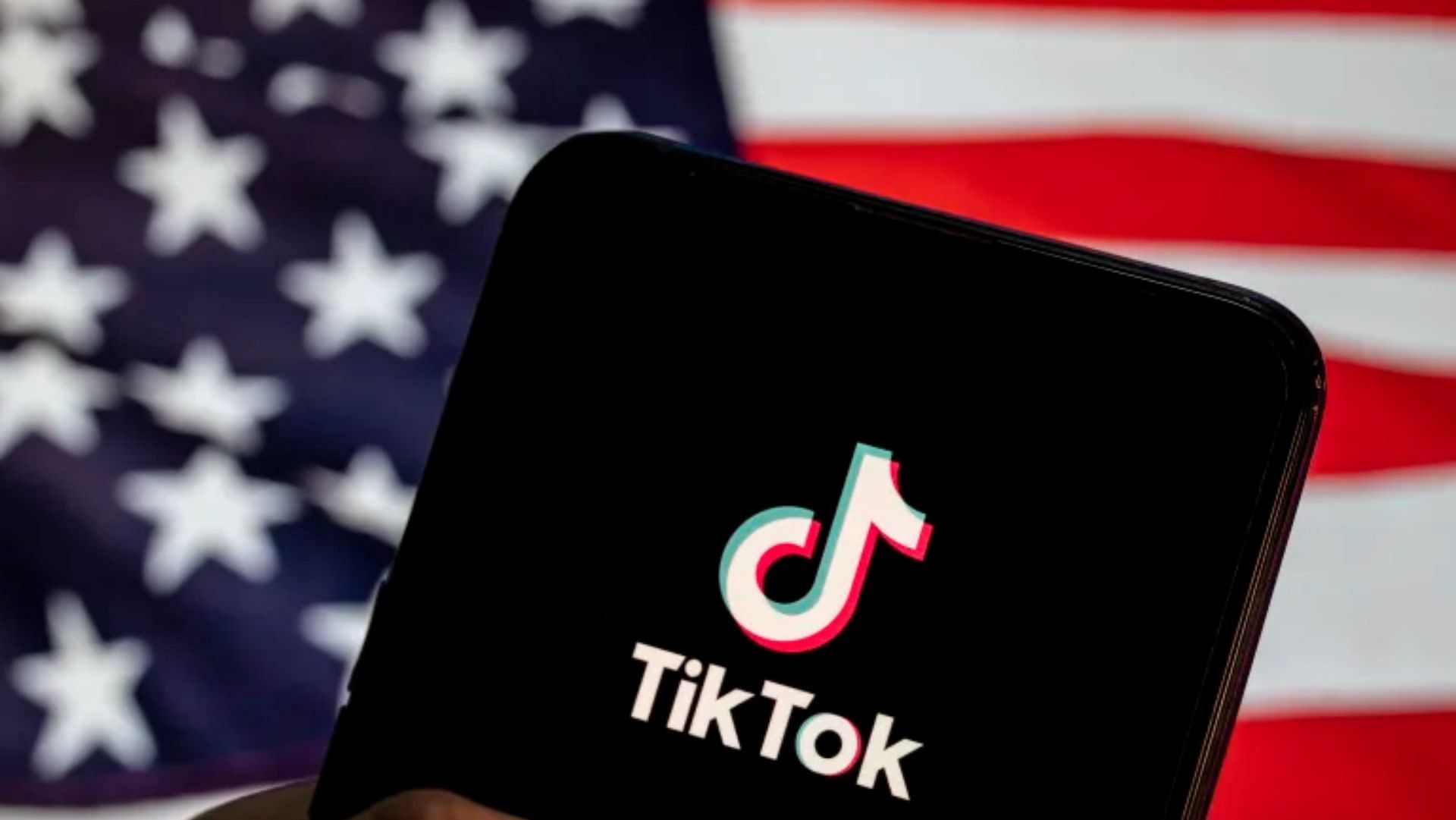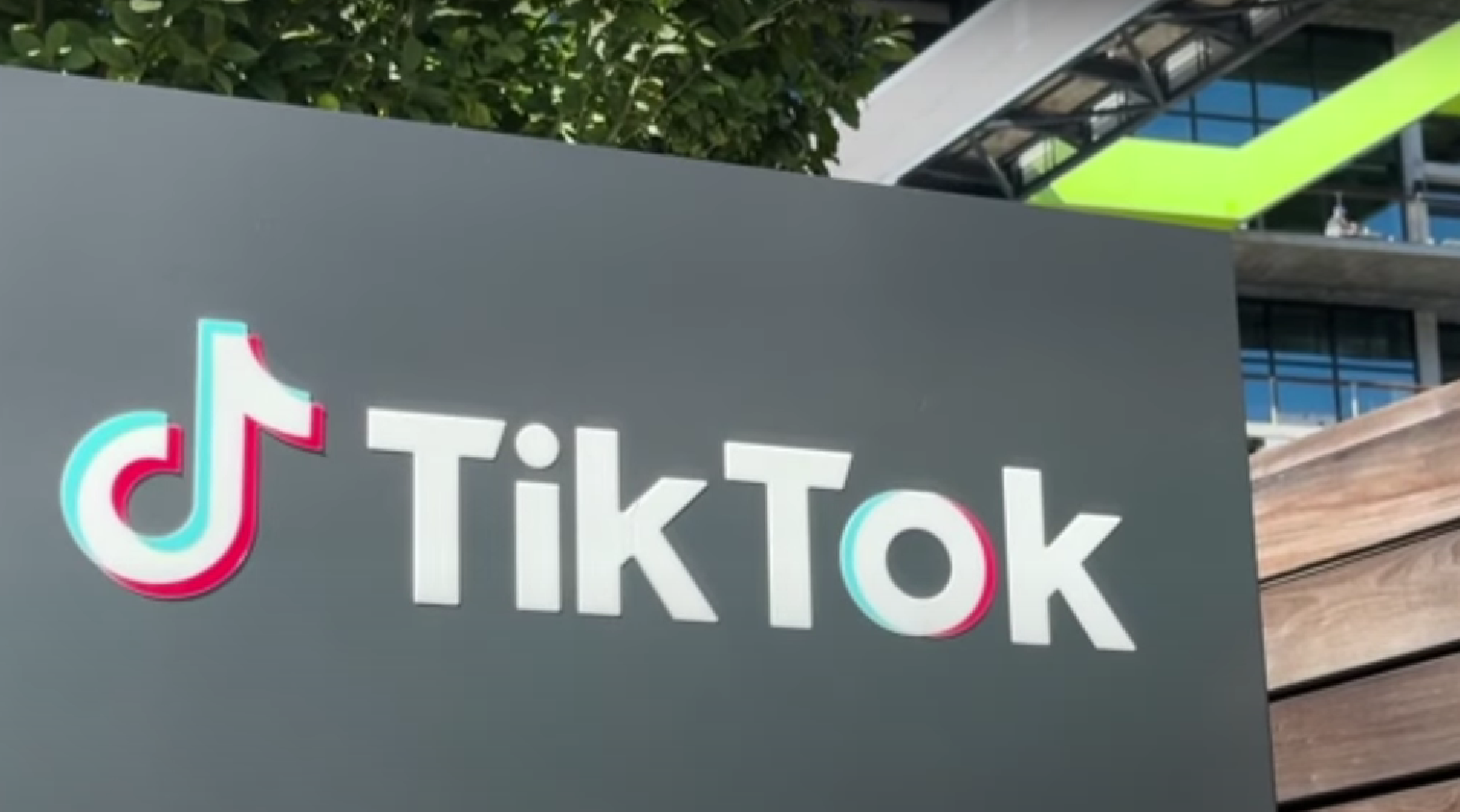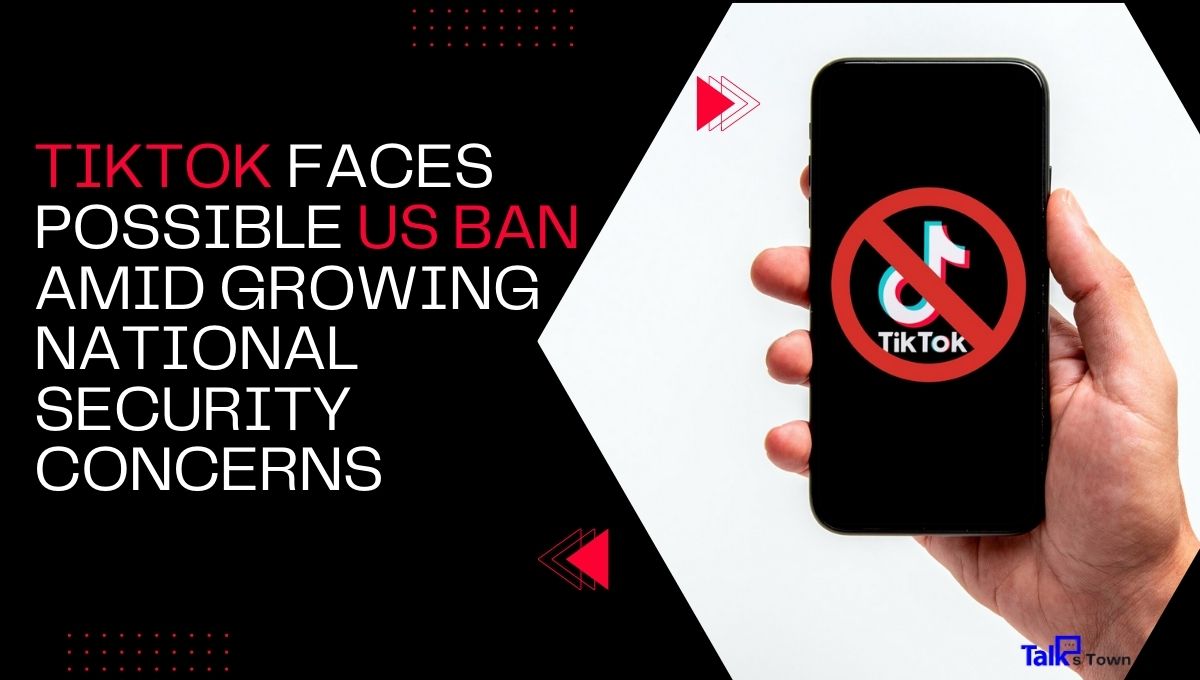The Struggle is Real: Unpacking the National Security Concerns Behind TikTok's US Ban
In the ever-evolving landscape of social media, few platforms have captured the attention of the US government quite like TikTok. With its massive user base, addictive algorithm, and mysterious origins, it's no wonder that concerns about national security have led to calls for a ban on the app. But what exactly are these concerns, and why is the US government so hesitant to give TikTok the green light? In this article, we'll delve into the world of national security and explore the reasons behind the growing tensions between TikTok and the US government.
TikTok's Rise to Fame and the Fears of its Chinese Ownership
In just a few short years, TikTok has grown from a relatively unknown app to a cultural phenomenon, with over a billion active users worldwide. But with great power comes great responsibility, and concerns about TikTok's ownership and ties to the Chinese government have sparked a heated debate about national security. At the heart of the issue is the fact that TikTok is owned by ByteDance, a Chinese company that has been accused of working closely with the Chinese government on sensitive projects.
Here are some of the key concerns surrounding TikTok's Chinese ownership:
• Access to user data: ByteDance has been accused of sharing user data with the Chinese government, including sensitive information such as IP addresses, location data, and browsing history.
• Security risks: TikTok's use of AI-powered algorithms and cloud-based infrastructure has raised concerns about security risks, including the potential for hacking and data breaches.
• Censorship and propaganda: ByteDance has faced criticism for censoring content on the app, particularly when it comes to sensitive topics such as Taiwan, Hong Kong, and the COVID-19 pandemic.
The US Government's Response: A Call for Greater Transparency
In response to these concerns, the US government has taken steps to push ByteDance for greater transparency about its operations and data practices. In August 2020, the Committee on Foreign Investment in the United States (CFIUS) launched an investigation into ByteDance's acquisition of Musical.ly, a popular social media app that it later merged with to create TikTok.
Here are some of the key demands that the US government has made of ByteDance:
• Data localization: ByteDance has been told to store all US user data within the country, rather than transferring it to Chinese servers.
• Transparency reports: ByteDance has been asked to release regular transparency reports that detail its data collection and usage practices.
• Security audits: ByteDance has been ordered to undergo regular security audits to ensure that its infrastructure is secure and up-to-date.
The International Position: A Divided Field
As the debate over TikTok's US ban continues, the international community remains divided on the issue. Some countries, such as the UK and Australia, have launched their own investigations into ByteDance's operations, while others have taken a more measured approach.
Here are some of the key positions taken by various countries:
• UK: The UK has launched an investigation into ByteDance's operations, with concerns about data protection and security.
• Australia: Australia has banned TikTok on government-issued devices, citing concerns about data security.
• India: India has banned TikTok and several other Chinese apps, citing concerns about national security and data protection.
The Impact on TikTok's Business: A Growing Crisis
As the US government continues to pressure ByteDance, the impact on TikTok's business is growing. With many countries launching their own investigations and bans, TikTok is facing a major crisis.
Here are some of the key challenges that TikTok is facing:
• User growth: TikTok's user growth is slowing, as more countries ban the app or restrict its use.
• Revenue loss: The ban on TikTok in several countries has resulted in significant revenue losses for the company.
• Global reputation: The controversy surrounding TikTok is damaging its global reputation, making it harder for the company to attract new users and investors.
The Way Forward: A Delicate Balance
As the debate over TikTok's US ban continues, it's clear that a delicate balance must be struck between national security concerns and the right to free expression. While concerns about data protection and security are valid, the US government must also consider the potential impact on free speech and artistic expression.
Here are some potential solutions that could address the concerns:
• Regulatory framework: Establishing a regulatory framework that addresses data protection and security concerns could help alleviate tensions.
• Cooperation with ByteDance: The US government could work with ByteDance to implement measures that address national security concerns, such as data localization and transparency reports.
• Ban on Chinese apps: The US government could consider banning all Chinese apps, rather than just TikTok, to address broader concerns about national security.
Conclusion
The debate over TikTok's US ban is complex and multifaceted, with valid concerns about national security and data protection on both sides. As the situation continues to unfold, it's clear that a delicate balance must be struck between competing interests. By exploring the key concerns and potential solutions, we can better understand the intricacies of this issue and work towards a more informed decision.
Is Tony Hinchcliff Married
Loving Auntic Free
David Bromstad Partner
Article Recommendations
- Sophie Rain
- Rick Harrison Net Worth
- Connieenio Case Pos
- Fitbryceadams
- Sondra Blust Fans
- Jennifer Rauchet
- Kaitlan Collins Relationships
- Jennifer Landon
- Who Is Karen Carney Partner
- Wes Watson Net Worth



